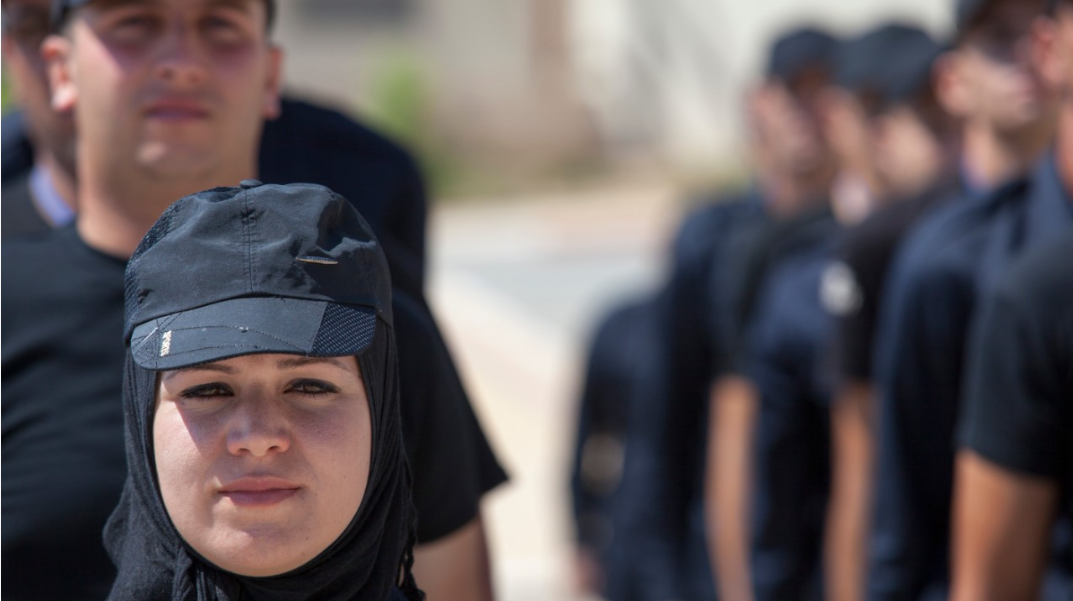ObjectivesFund scope and theory of change
Fund scope
Sawasya II is structured around four mutually reinforcing ‘outcomes’ that address challenges to implementing and maintaining robust rule of law systems in Palestine. By harnessing the capacities of all partners the programme promotes legal integrity, gender justice, and human rights. Sawasya II’s unique focus on SDG achievement—including the realization of effective, accountable, and inclusive institutions at all levels (SDG 16), and gender equality and the empowerment of women and girls (SDG 5)—renders it one of the most definitive development assistance packages for the Government of Palestine and Palestinian people to date.
Maximizing their networks, Sawasya II stakeholders roll-out strategies that shore-up national investments; align financing with national priorities; link state-building with social contracts; integrate human rights, protection and development approaches; apply transformational gender approaches, analysis, and justice practices; address the root causes of inequality; enhance child protection and juvenile justice measures, and strengthen applied political and economic processes.
Human rights and gender justice are central themes of Sawasya II programmes.

Theory of change
Underpinning Sawasya II is a development approach that fosters a rights-based rule of law culture where people experience greater peace and security, and can exercise their rights. The delivery of high-quality, targeted assistance for improved rule of law and human rights systems and institutions—via a people-centered approach—results in positive outcomes that improve access to mechanisms of justice and redress, strengthen community security, and protect and promote human rights.
The change pathway starts from a state of deprivation. In environments where peaceful and inclusive sustainable development processes do not exist, or where few have equal access to justice and institutions are not effective or accountable, then gender inequality and lack of community empowerment is commonplace.
It is from this starting point that stakeholder action moves the needle towards a place where the, “Rule of Law system respects, protects, and fulfils human rights and gender equality, and promotes peace and security.” To reach this outcome four critical and linked preconditions are required:
- Rule of law institutions are strengthened and reunified by legal, regulatory and policy frameworks in line with international standards.
- Service provision by rule of law institutions is effective, accountable and inclusive.
- All Palestinians, especially children and vulnerable groups, have access to justice, security and protection without discrimination.
- Women's access to justice and security are improved through gender-responsive service delivery and empowerment measures.
Once these conditions are met, administrative and local rule of law systems and services will be able to protect, respect, and fulfil the human rights and gender justice of Palestinians, and promote peace and security for all.




